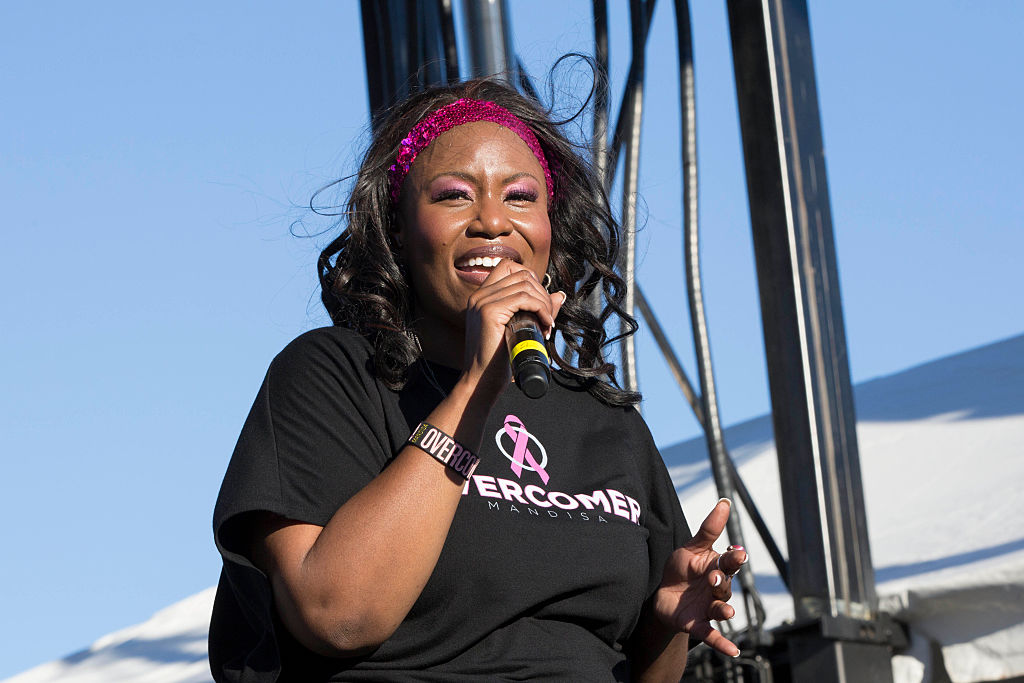Sierra Leone marked a national stay-at-home day Monday in an effort to halt the disease’s spread. A documentary film of the first outbreak of the Ebola disease in Congo was being shown intermittently throughout the day by the national broadcaster.
The emergence of a second case in Nigeria raises serious concerns about the infection control practices there, and also raises the specter that more cases could emerge. It can take up to 21 days after exposure to the virus for symptoms to appear. They include fever, sore throat, muscle pains and headaches. Often nausea, vomiting and diarrhea follow, along with severe internal and external bleeding in advanced stages of the disease.
“This fits exactly with the pattern that we’ve seen in the past. Either someone gets sick and infects their relatives, or goes to a hospital and health workers get sick,” said Gregory Hartl, World Health Organization spokesman in Geneva. “It’s extremely unfortunate but it’s not unexpected. This was a sick man getting off a plane and unfortunately no one knew he had Ebola.”
Doctors and other health workers on the front lines of the Ebola crisis have been among the most vulnerable to infection as they are in direct physical contact with patients. The disease is not airborne, and only transmitted through contact with bodily fluids such as saliva, blood, vomit, sweat or feces.
Sawyer, who was traveling to Nigeria on business, became ill while aboard a flight and Nigerian authorities immediately took him into isolation upon arrival in Lagos. They did not quarantine his fellow passengers, and have insisted that the risk of additional cases was minimal.
Nigerian authorities said a total of 70 people are under surveillance and that they hoped to have eight people in quarantine by the end of Monday in an isolation ward in Lagos.
Tracking down all the people who came into contact with Sawyer and his caregivers could prove difficult at this late stage, said Ben Neuman, a virologist and Ebola expert at Britain’s University of Reading.
“Contact tracing is essential but it’s very hard to get enough people to do that,” he said. “For the average case, you want to look back and catch the 20 to 30 people they had closest contact with and that takes a lot of effort and legwork … The most important thing now is to do the contact tracing and quarantine any contacts who may be symptomatic.”
















